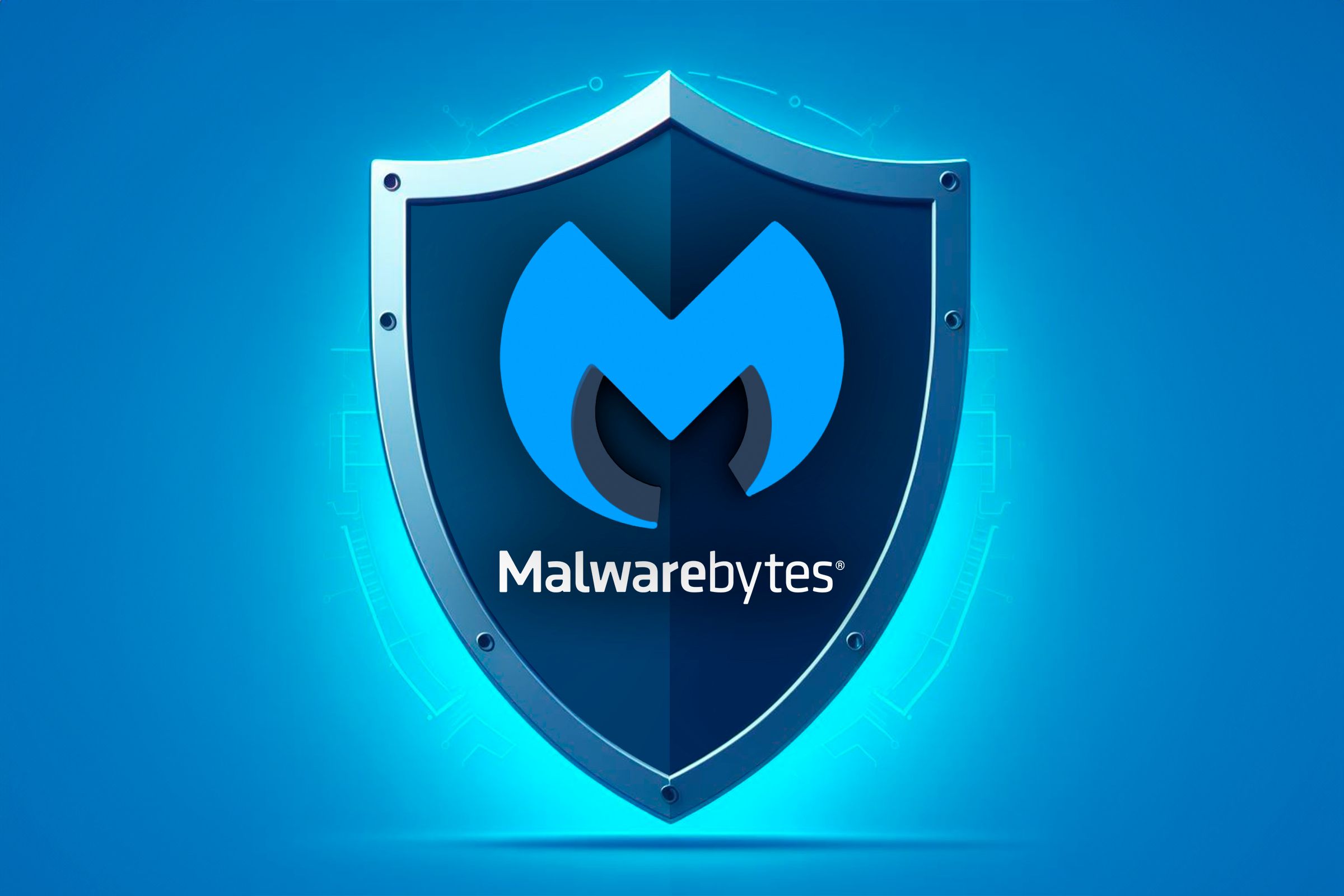7 Things You Didn’t Know Run on Linux
Linux
Quick Links
-
Home Appliances
-
Supercomputers
-
Your Car’s Infotainment Unit
-
Smartphones
-
Medical Devices
-
IoT Gadgets
-
Emulator Handhelds
While most people think of Linux as an alternative to Windows or macOS as a desktop operating system, the truth is that most installations of Linux are not on desktop computers, and not even on personal computers at all!
1 Home Appliances
Smart appliances like smart TVs often have an operating system derived from Linux, but there’s a good chance there’s some form of Linux in appliances like smart fridges or internet-connected microwaves. Since the Linux kernel is free and open-source, there’s plenty of incentive to simply adapt it to run on appliances that need this level of software to do their jobs, instead of writing software from scratch. There’s even a chance that your Wi-Fi router could be running Linux. Even your coffee maker at work could be running Linux.
2 Supercomputers
The 500 most powerful computers in the world all run Linux. So if you have millions on the line, running mission-critical work on the most expensive computers known to man, Linux seems to be the way to go. Of course, these mega computers don’t run the same Linux distros our beloved Linux readership love to argue about in the comments. One of the main reasons Linux dominates the high-performance computing world is that it’s completely open and customizable. Computer scientists and engineers can trim absolutely all the fat from the operating system, and modify it to get the absolute most our of the hardware and electrical power they have.
3 Your Car’s Infotainment Unit
Most modern cars come with slick infotainment systems from the factory these days, and there’s a good chance that behind the pretty icons and colors there beats the digital heart of the Linux kernel. I actually realized this recently when I was thinking about updating my KIA’s system, and ran across a fix for bricked infotainment systems where you just plug a USB keyboard into your car, and spam Linux keyboard shortcuts to escape the boot loop.
4 Smartphones
This is technically cheating a little but, but most smartphones in the world run Android, and Android is based on Linux. However, it’s heavily modified and doesn’t contain the same set of libraries as standard Linux distros meant for desktop use. However, there are proper Linux smartphones such as the Librem 5, which runs PureOS, a distro of Linux.
5 Medical Devices
Medical devices such as MRI machines or the machines that monitor vital signs more often than not run Linux. There are many reasons why Linux is a popular choice for embedded software in medical devices, but patient data security, real-time OS (RTOS) capabilities, flexibility, and reliability are at the top of the list. The next time you need to get a scan, or if you’re ever operated on by a surgical robot, chances are both of those devices are running some flavor of Linux.
6 IoT Gadgets
The Internet of Things is the description we’ve given to a loose collection of devices that mainly talk to each other over networks. So this could be anything from your IP security cameras, to your thermostat, to remote solar-powered weather sensors. A good portion of these devices run Linux, rather than proprietary firmware. When you access your IP cameras, for example, you’re essentially logging into a Linux server running on your local network.
7 Emulator Handhelds
I recently bought an Anbernic 353VS emulator handheld console and wouldn’t you believe it: it runs Linux! Some of these handhelds, such as the closely-related 353V, also run Android, but Linux is still the OS of choice for dedicated emulation machines. It’s just another way that Linux is becoming more and more important in the video game world, and you thought the Steam Deck was the only Linux handheld out there!




















